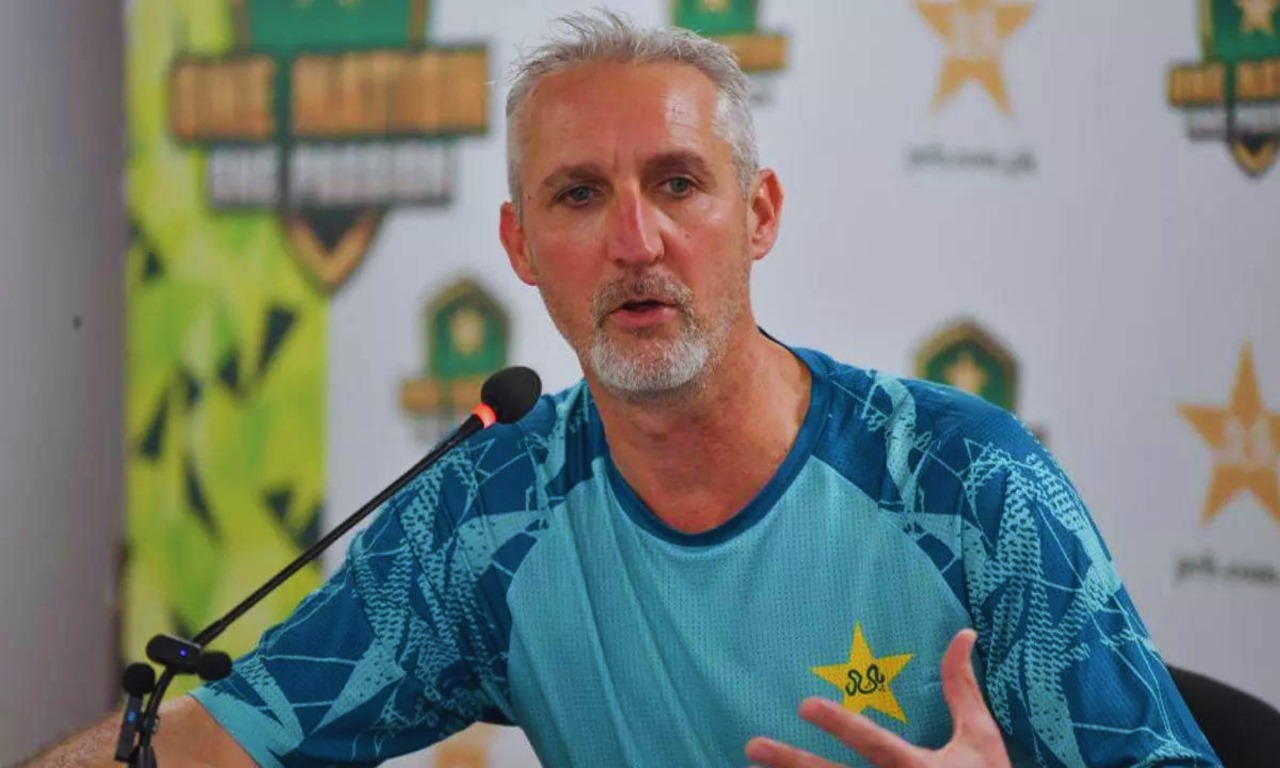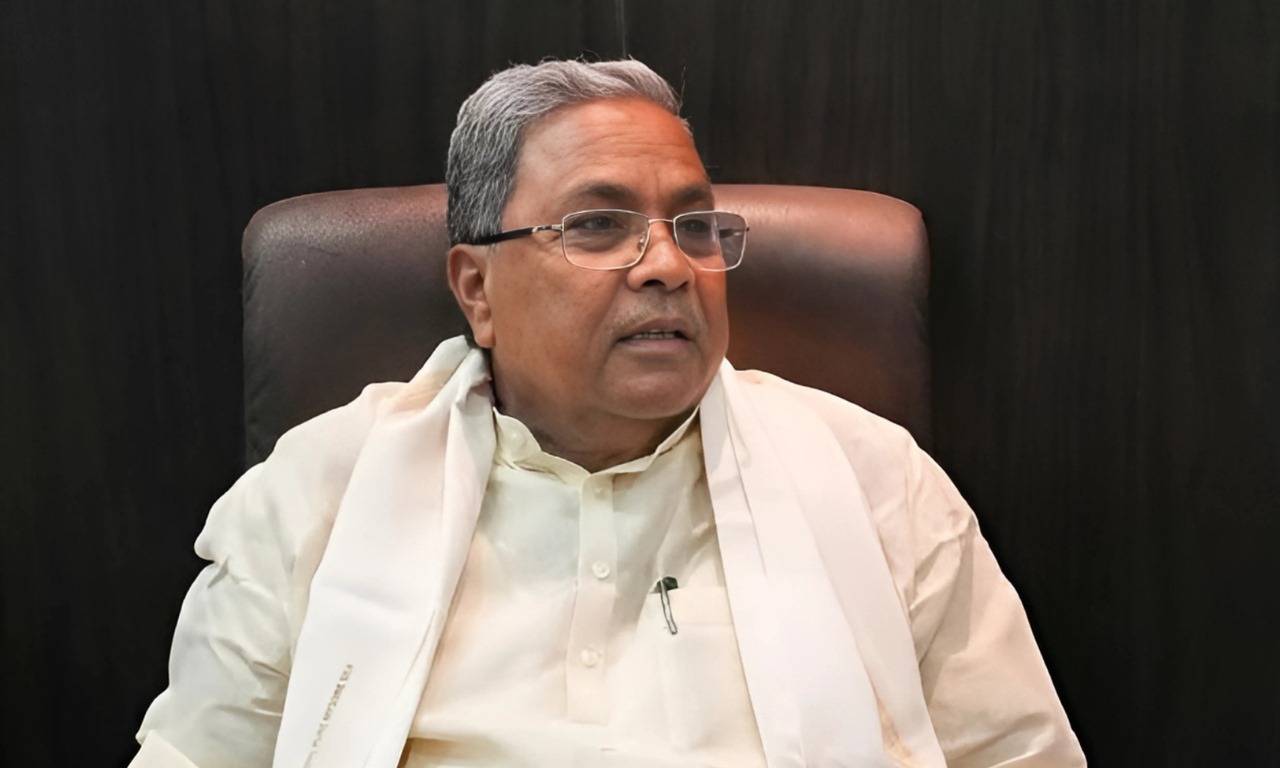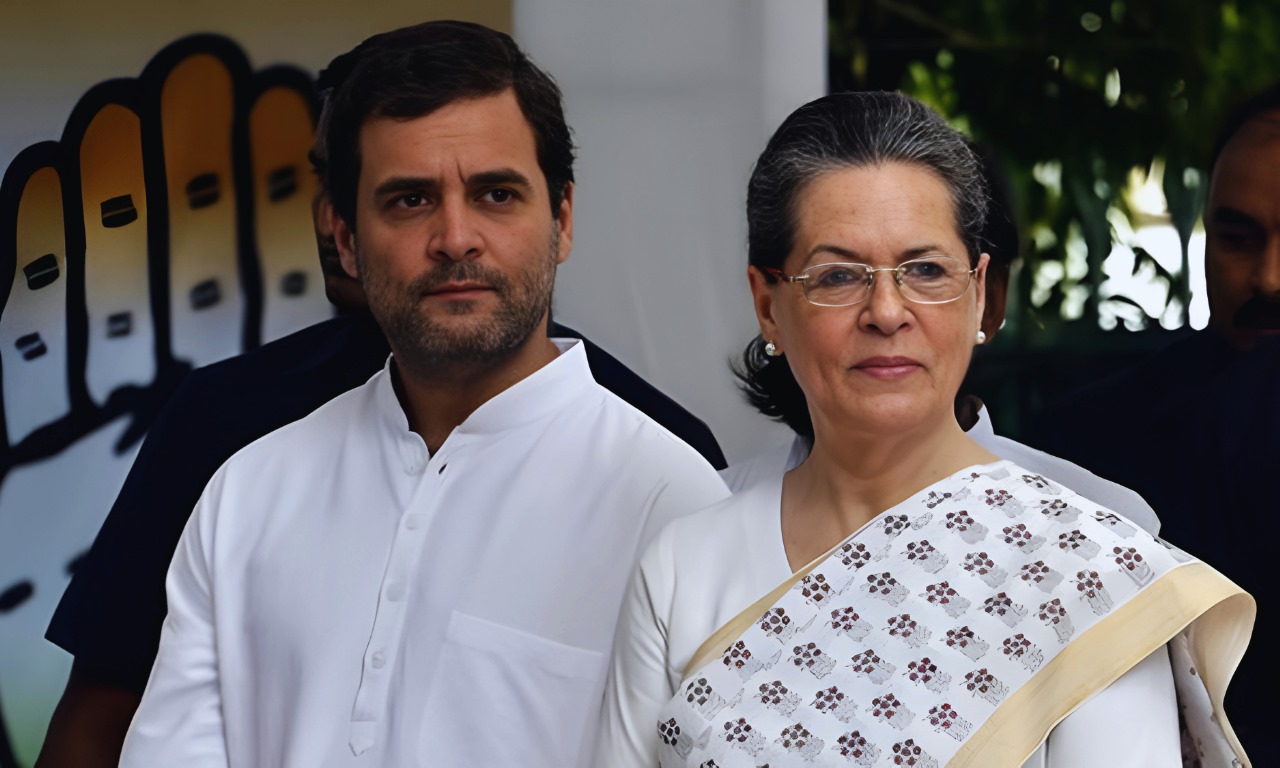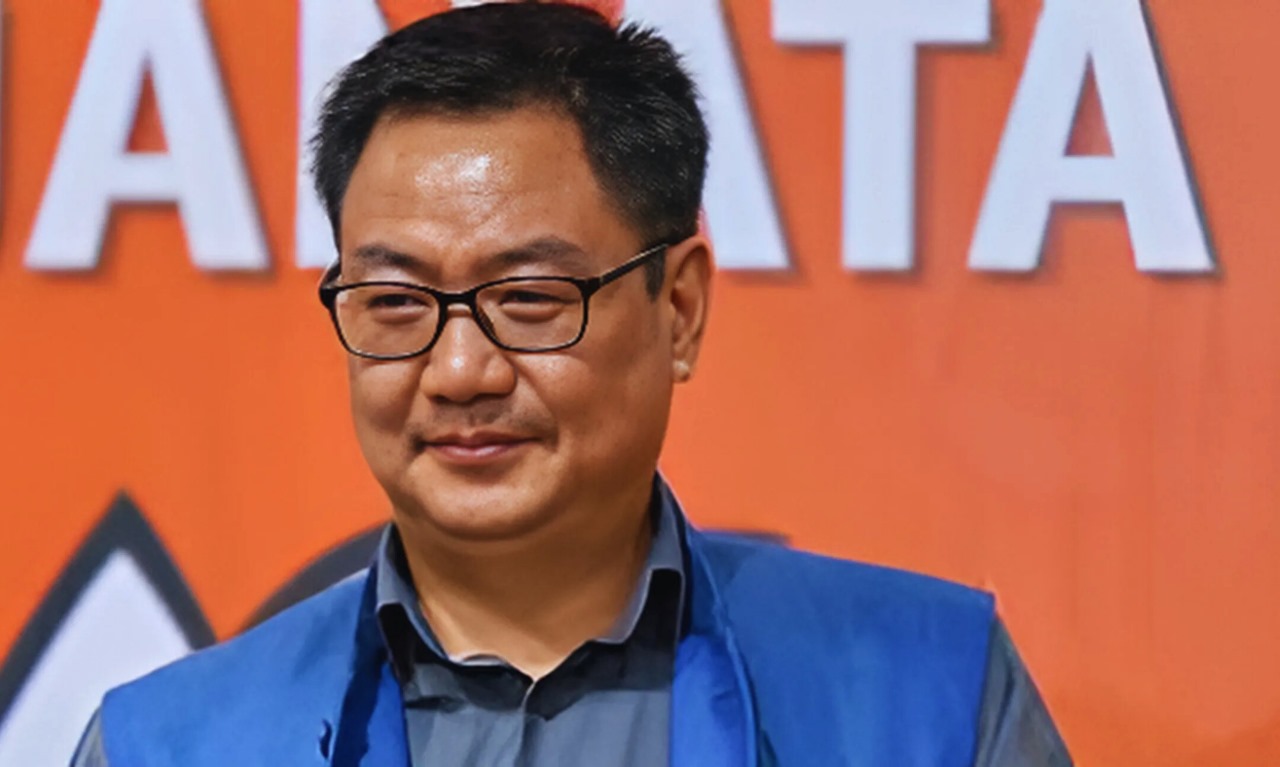India’s Push for Security Council Reform: The G4 Model
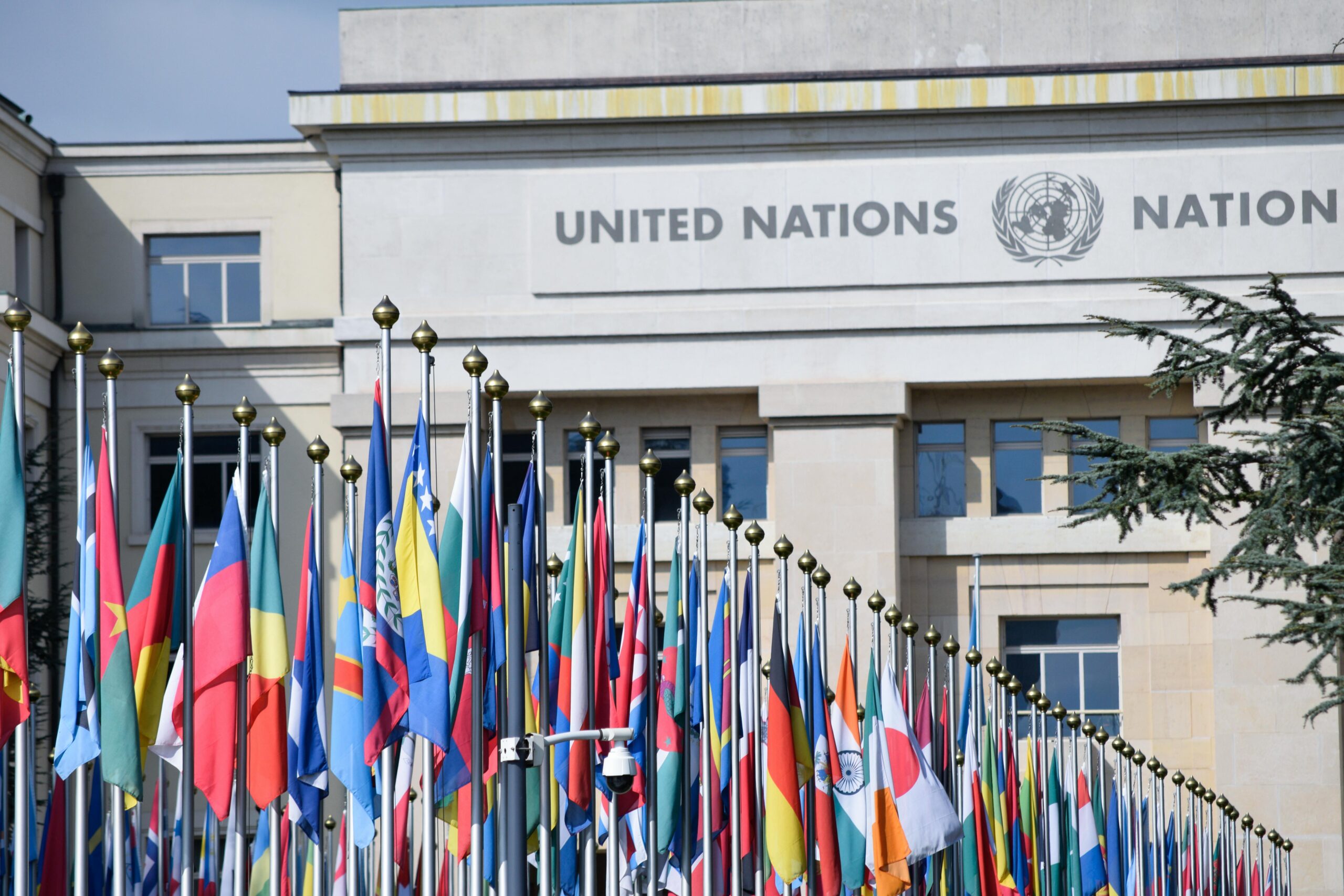
Introduction:
India, as part of the G4 nations, has put forth a detailed model for United Nations Security Council (UNSC) reform during the Intergovernmental Negotiations.
The model addresses crucial aspects such as under-representation, membership expansion, and flexibility on veto powers, aiming to enhance the Council’s legitimacy and effectiveness.
This initiative underscores the ongoing efforts to modernize the UNSC and adapt it to the contemporary global landscape, reflecting the evolving dynamics of international relations.
Linkage:
G4 Proposed Model Features: The G4 model advocates for significant reforms in the UNSC’s structure, including:
Addressing under-representation by expanding membership and advocating for democratic elections of new permanent members.
Proposing an increase in the Council’s membership to include additional permanent and non-permanent members.
Offering flexibility on the veto issue to foster constructive negotiations and accommodate diverse perspectives within the Council.
The G4, comprising Brazil, Germany, India, and Japan, has been actively promoting Security Council reform since its formation in 2004, advocating for a more inclusive and representative body.
Current News:
Key Features of the G4 Proposal: The proposed model aims to rectify the glaring under-representation in the Security Council and enhance its effectiveness by:
Advocating for an increase in membership to ensure broader representation from diverse regions.
Introducing democratic and inclusive processes for selecting new permanent members to enhance legitimacy.
Demonstrating flexibility on the veto issue to facilitate constructive dialogue and decision-making within the Council.
These proposals mark a significant step forward in the ongoing discussions on UNSC reform and highlight the G4’s commitment to advancing the agenda for a more representative and responsive Council.
Impact:
The G4’s proposed model for UNSC reform holds significant implications for the future of global governance and security:
Enhanced Representation: By advocating for broader representation and democratic processes, the reforms aim to address longstanding grievances of under-represented regions and enhance the Council’s legitimacy.
Strengthened Effectiveness: Flexibility on the veto issue and expansion of membership could lead to more inclusive decision-making processes and bolster the Council’s capacity to address contemporary security challenges effectively.
Global Governance Dynamics: Successful implementation of these reforms would signal a shift towards a more equitable and responsive international order, reflecting the evolving dynamics of global governance.
However, achieving consensus on UNSC reform remains a complex and arduous task, requiring sustained diplomatic efforts and collaboration among member states to overcome divergent interests and perspectives.



